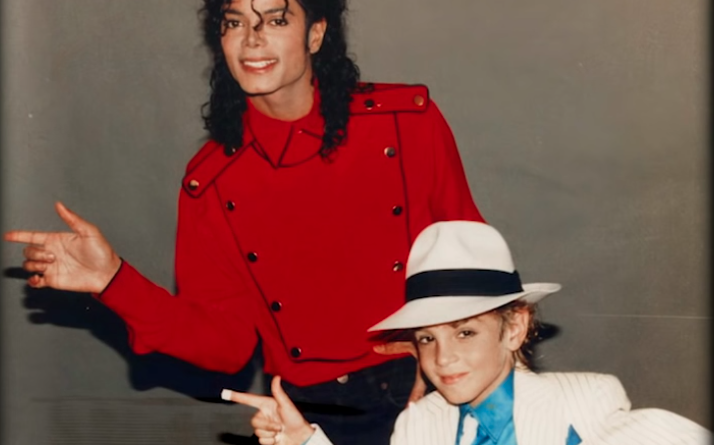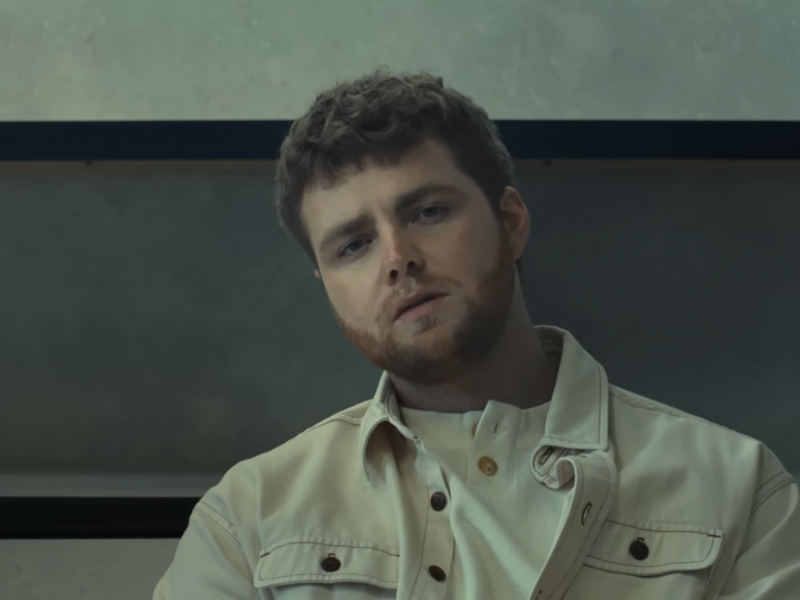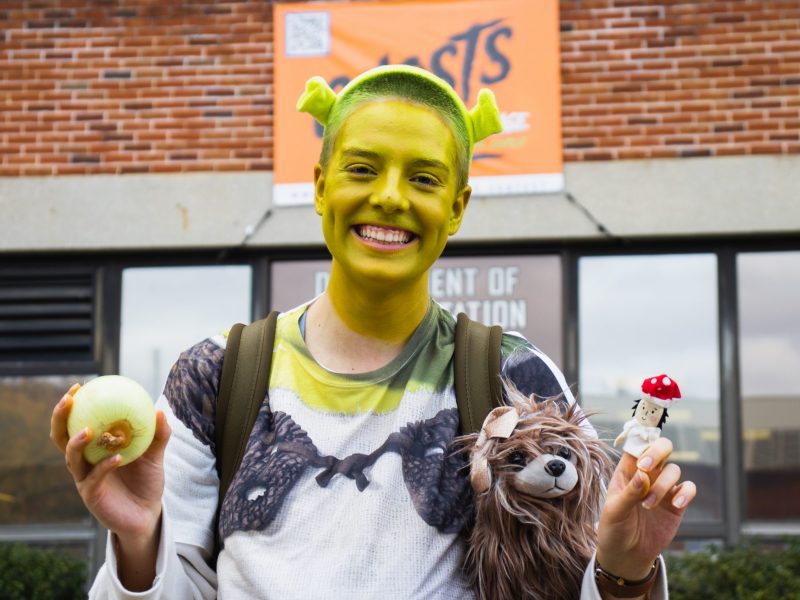Watching a horror movie is one of life’s least enjoyable experiences for me. My stomach churns at the excessive violence and gore, and I’ll avert my eyes if I anticipate the next shock scene.
I had a similar experience while watching HBO’s Leaving Neverland, which chronicles the sexual abuse allegations Wade Robson and James Safechuck leveled against Michael Jackson.
The two-part series, which aired Sunday and Monday night, was disturbing. I’m a Michael Jackson fan. I always have been. The first gift I bought my mother was an Off the Wall CD, one of her favorite albums that has since become one of mine. My fourth grade teacher played his music while we did arts and crafts. I was 9 when he died, and I remember crying. Despite my adoration for Jackson’s talents, I cannot ignore my feelings of disgust.
The sentiments I’ve heard around this series have mostly been:
“He’s dead, why bring this up now?”
“Wade Robson testified that he had not been molested in 2005.”
“These men have something to gain.”
And I have answers for these questions. One, you cannot tell a victim of trauma when it is the right time to come forward.
Two, yes, Robson has stated in the past that their relationship was not inappropriate. He said it in court, too. He was 22 in 2005. We all know coming forward is not easy, and victims — male victims especially — rarely come forward and often rationalize their sexual trauma.
Lastly, as we have seen time and time again, when a person publicly raises allegations of abuse, they are not likely to be believed and are very likely to be persecuted. Look at Christine Blasey Ford, Justine Skye, the women Bill Cosby targeted. It’s a risky and possibly humiliating thing to do, yet Robson and Safechuck took that chance.
“He was one of the kindest, most gentle, loving, caring people I know,” Robson said. “He helped me tremendously. He helped me with my career. He helped me with my creativity … He also sexually abused me for seven years.”
I cannot resist comparing this to the allegations brought against singer R. Kelly, which came to a head with Lifetime’s Surviving R. Kelly docuseries in January. The people who heard from witnesses and listened to the patterns and tactics of abuse described in Surviving R. Kelly easily deemed Kelly guilty. As hard a pill as it is to swallow, Michael Jackson appeared to employ some of the same tactics — selecting talented kids and promising them a career, befriending the kid’s whole family at first, only to gradually isolate the child, sowing seeds of resentment between the child and their family. And yet, there have been few voices ready to accept that Michael Jackson may have committed such sick acts, acts that are too disturbing to detail here.
[Read more: Let’s treat Jussie Smollett as an individual]
Leaving Neverland has not elicited nearly as much fervor as Surviving R. Kelly. The HBO show appeared on my Twitter timeline maybe two or three times — compared to a constant flow during the Lifetime series. Some people outright refused to watch it. Maybe people are watching but are having trouble articulating their thoughts.
Michael Jackson’s lifelong fans span generations. He has always been presented as somewhat strange, but kind and gentle nonetheless. It feels better to convince oneself that not watching is an act of solidarity for their childhood pop sensation.
But if you were to strip away the fame, phenomena, money and talent surrounding Jackson — if this were a man who lived a few doors down and let boys sleep in his bed and took walks with them at night and spent large amounts of time alone with them — he’d quickly become the neighborhood villain. You’d probably vehemently keep your kids from that house, or report him to authorities.
And yes, Jackson was found not guilty in his 2005 child molestation trial. But the average American can gather from the news — or even Judge Judy — that in the courts, it’s not about what’s true, so much as what you can prove. And while no child sex tapes have been found, the dynamic between Jackson and several young boys has been undoubtedly inappropriate.
Jackson isn’t around to defend himself. But honestly, what difference would it have made? He always defended his relationship with children as a loving, bonding experience, and many of us have been satisfied with that answer, writing it off as Jackson being childlike himself, the ever-young Peter Pan figure that he modeled his Neverland Ranch after.
“That’s the trippy part, because it felt like we knew him,” Robson said when speaking about his first few times being with Jackson. “He had been in my living room every day, in my ears via his music and his posters. I had known him, I thought, and for some reason, it didn’t feel strange for me, a 7-year-old, and my sister, a 10-year-old, to sleep in this man’s bedroom.”
But here’s the kicker: None of us knew Michael Jackson. None of us, including his own family, which has sued HBO for $100 million and of course defended their brother and son, were there with these two men. And no matter how we might feel about the King of Pop, we can’t ignore their stories.



